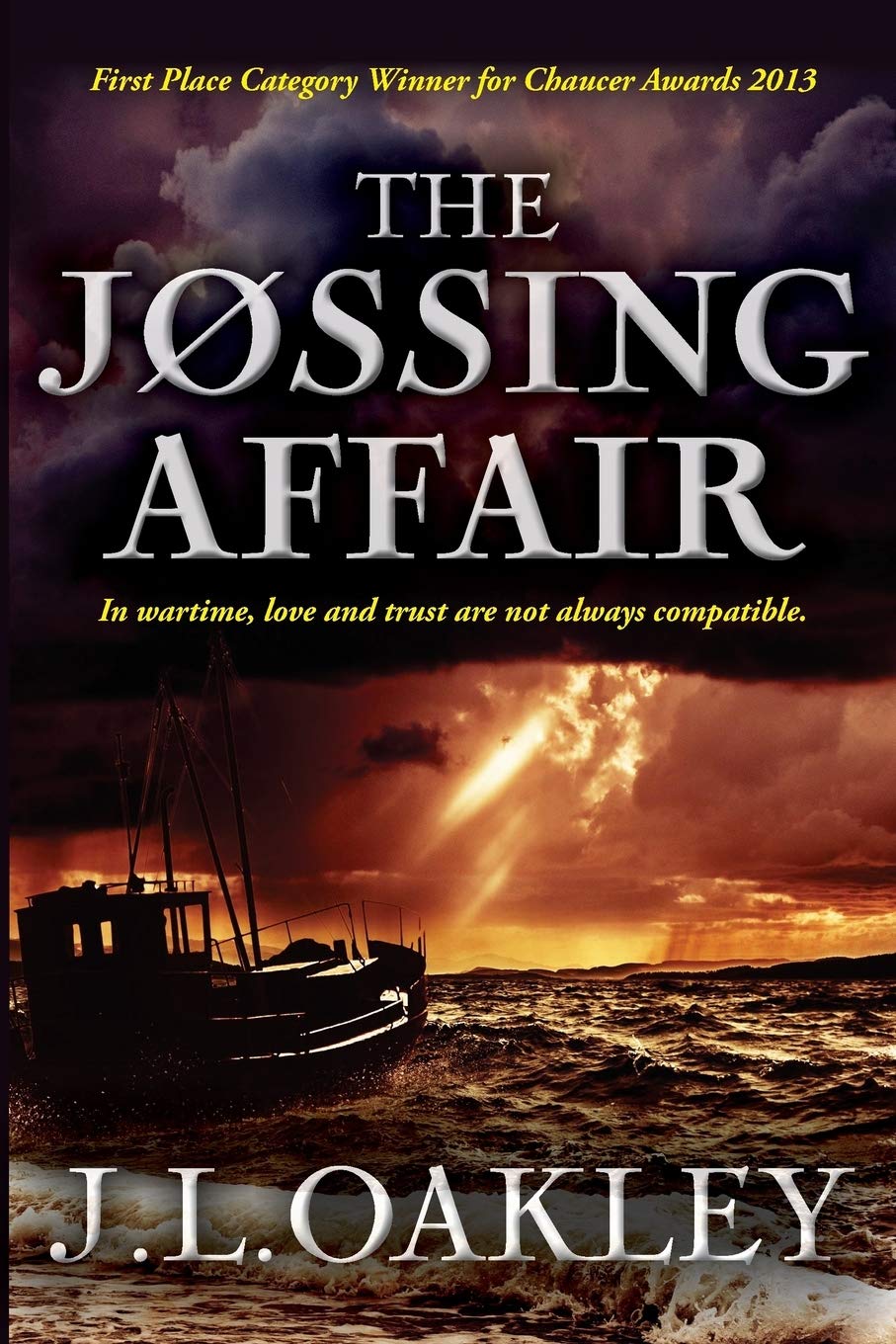|
Listen to or download this article:
|
Steeped in the early struggles for Scottish independence, Glen Craney’s The Spider and the Stone combines fact, folklore, and imagination to recreate the life of one of the country’s most storied heroes, James Douglas.
As a young teenager, James was confronted with the barbaric cruelty of the English occupiers. King Edward, known as Longshanks, would stop at nothing to quell Scottish rebellion—humiliating, torturing, and slaughtering innocent civilians along with Scottish combatants striving for the freedom and the right to rule themselves.
Just as he begins to grapple with the reality of his country’s plight, he meets and falls in love with a girl named Isabelle Macduff and determines to win her, despite the fact that she is promised in marriage to a rival of the Douglas clan.
The book opens in the middle of scenes depicting the exploits 0f William Wallace – Braveheart, followed by a heartbreaking loss to Longshanks at Falkirk, ending with the gruesome murder of Wallace.
Cue the return of James, who is back from France where he learned the art of war from the Knights Templar and is ready to fight. He and Robert the Bruce step into the breach and continue the assault on the English invaders.This is the stuff legends are made of, and Glen Craney does an excellent job bringing the tale to life. Written in lush prose with battle’s gore informed by the historical record and a scattering of erotic scenes with the decorum appropriate to the times, Craney’s offering keeps the reader solidly immersed in the late 1300s-early 1400s. He deftly crafts the coldness of the castles and the warmth of campfires sprinkled with colloquialisms redolent of the time and place.
Craney admits having taken some liberties with the known facts, which are few, about the Scottish Wars of Independence and the major players; he has matched Isabelle with James, for example, though others have postulated an affair between her and The Bruce.
The book’s title references two important elements of Scottish lore: the Stone of Scone, a necessity for the crowning of monarchs and sometimes said to be the Biblical Jacob’s Pillow; and the “spider” whose industry and apparent refusal to stop spinning her web no matter what obstacles she encountered so impressed and inspired Bruce (and in this version, James also) while in captivity.
Craney’s attention to detail in both high concepts and simple conversations, make history come alive.
“Cinematically enthralling and historically compelling, Glen Craney’s The Spider and the Stone is a must read for lovers of James Douglas, the fight for Scottish Independence, Braveheart, or Robert the Bruce.” – Chanticleer Reviews











Leave A Comment